order histories, retained contact details for faster checkout, review submissions, and special promotions.
Forgot password?
order histories, retained contact details for faster checkout, review submissions, and special promotions.
Locations
Orders Processing,
Shipping & Receiving,
Warehouse
2 Shaker Rd Suites
B001/B101
Shirley, MA 01464
Production Lab
Floor 6, Suite 620
20700 44th Avenue W
Lynnwood, WA 98036
Telephone Numbers
Tel: +1 (206) 374-1102
Fax: +1 (206) 577-4565
Contact Us
Additional Contact Details
order histories, retained contact details for faster checkout, review submissions, and special promotions.
Forgot password?
order histories, retained contact details for faster checkout, review submissions, and special promotions.
TKFC / DAK
dihydroxyacetone kinase 2 homolog (S. cerevisiae)
TKFC / DAK is a member of the family of dihydroxyacetone kinases, which have a protein structure distinct from other kinases. The product of this gene phosphorylates dihydroxyacetone, and also catalyzes the formation of riboflavin 4',5'-phosphate (aka cyclin FMN) from FAD. Several alternatively spliced transcript variants have been identified, but the full-length nature of only one has been determined.
| Gene Name: | dihydroxyacetone kinase 2 homolog (S. cerevisiae) |
| Synonyms: | TKFC, Dha kinase/FMN cyclase, DKFZP586B1621, Glycerone kinase, FAD-AMP lyase cyclizing, NET45, DAK, DHA kinase |
| Target Sequences: | NM_015533 NP_056348.2 Q3LXA3 |
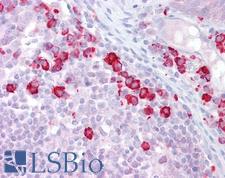



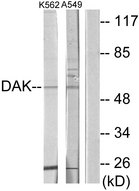
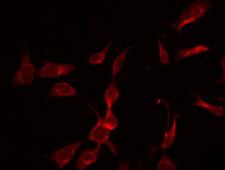
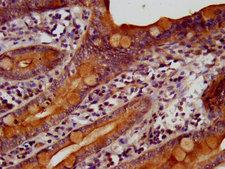
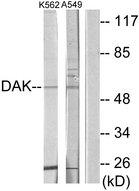

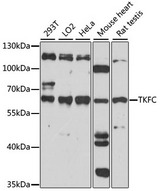
If you do not find the reagent or information you require, please contact Customer.Support@LSBio.com to inquire about additional products in development.









